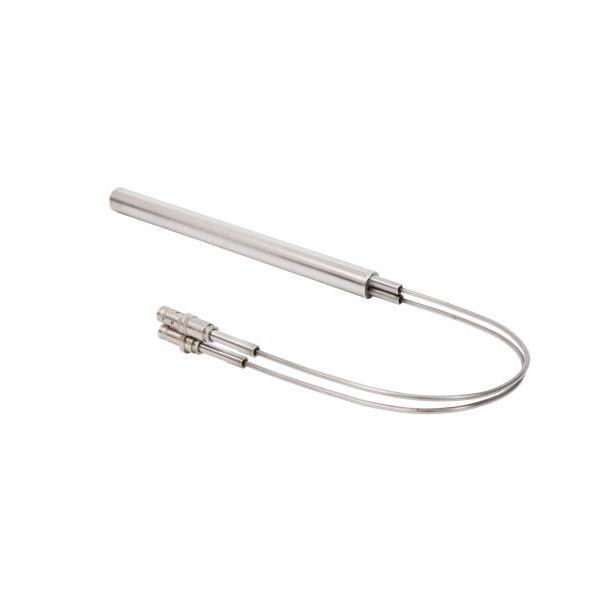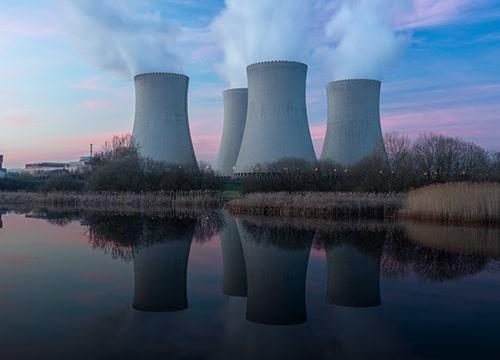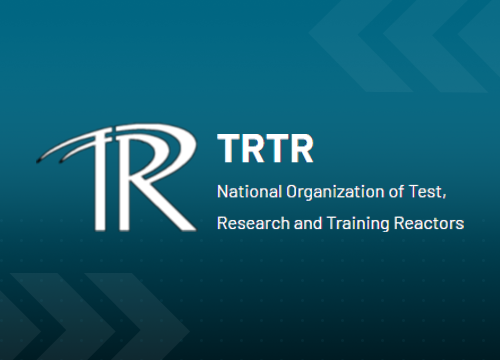Gamma detectors operate by converting gamma radiation into detectable electrical signals. When gamma rays interact with the detector’s cathode material and filling gas, they generate electrons. These electrons then ionize the gas, creating charge carriers that are collected by electrodes. The resulting signal is captured by a load circuit as an anode pulse.
Electrons are produced through several key interaction mechanisms:
- Photoelectric effect
- Compton scattering
- Pair production
The efficiency of each mechanism depends on several factors:
- Energy of the gamma rays
- Cathode material and thickness
- Type and pressure of the filling gas
As a result, detector sensitivity is highly dependent on design and is inherently energy-dependent. Because the photoelectric effect plays a dominant role, peak sensitivity typically occurs around 80 keV. At higher energies (above 500 keV), sensitivity can drop to just 1% of the maximum, even with the same mechanical design.
To achieve a flatter energy response, an external metal filter and an optimized choice of filling gas can be used. Exosens offers support in designing these customized filter solutions to meet your specific detection needs.
Learn more about gamma rays detector
Need some answers? Ask our experts!
Contact us



Learn more about gamma rays detector
Gamma Ionization Chambers for High-Precision Radiation Monitoring
Gamma ionization chambers are essential tools in the nuclear industry. They are widely used to monitor and measure area gamma radiation in applications such as radiation protection, fuel reprocessing, and scientific research around the world.
These detectors work by measuring high-energy photons emitted from radioactive sources. Based on the principles of gamma interaction with matter, gamma ionization chambers convert gamma rays into detectable electrical signals, enabling precise measurement of radiation intensity.
Whether deployed in nuclear power plants, fuel cycle facilities, radioactive waste management, or environmental surveillance, gamma ionization chambers from Exosens deliver dependable and precise gamma flux measurements critical to safety systems and data-driven decision-making.
Key Factors That Influence Performance
Detector sensitivity is shaped by several key parameters:
- Energy of incoming gamma radiation
- Material and thickness of the cathode
- Filling gas type and pressure
Due to these variables, detector performance is closely linked to its design. The photoelectric effect dominates at lower gamma energies, resulting in peak sensitivity around 80 keV. As gamma energy increases (above 500 keV), sensitivity naturally decreases due to the underlying physics of interaction mechanisms.
High-Performance Solutions from Exosens
Exosens offers gamma ionization chambers engineered for reliable, long-lasting performance—even in high-radiation environments or in the presence of specific isotopes. These detectors are tailored for:
- High-intensity gamma radiation monitoring
- Accurate identification of radioactive elements in environmental and industrial settings
- Long-term operation across wide temperature ranges
Backed by rigorous quality controls and partnerships with leading institutions such as the French Alternative Energies and Atomic Energy Commission (CEA), Exosens ensures each ionization chamber meets the highest standards of reliability, sensitivity, and durability. This commitment reinforces Exosens’s leadership in advancing gamma detection technologies.
Whether for industrial systems or research-grade equipment, Exosens brand detectors deliver dependable performance, accurate signal transmission, and compatibility with advanced data acquisition systems. Their ability to detect even trace amounts of radiation makes them a trusted choice for monitoring radiation levels, pinpointing source locations, and evaluating potential exposure risks.
Explore more about how Exosens is enhancing nuclear safety through advanced neutron and gamma technologies:
- Enhancing nuclear safety with neutron and gamma technology
- Discover our neutron detectors
- Exploring ions & electrons detection technology
- Read the article laser beam profiling and infrared cameras
- Discover Photonis photo-detection and low light conditions imaging Solution
What's new in Gamma detectors?
See all
Oct 09th 2025
High-Temperature Detectors for Next Generation Reactors
Proven reliability up to 800°C and beyond for SMR and AMR applications. Built on the combined legacy of Photonis and Centronic—80+ years of neutron detection excellence.

College Station .
FROM Sep 08th 2025 TO Sep 12th 2025
TRTR exhibition 2025
Join Exosens at the 2025 TRTR Annual Meeting, hosted by the Texas A&M Engineering Experiment Station Nuclear Engineering & Science Center.

Paris.
FROM Nov 04th 2025 TO Nov 06th 2025
WNE 2025
Join Exosens at the World Nuclear Exhibition (WNE) 2025, the leading global event for the civil nuclear industry, taking place at Parc des Expositions Villepinte in Paris, France.
